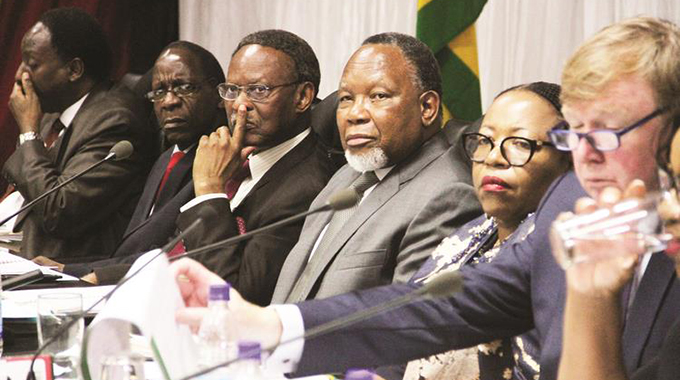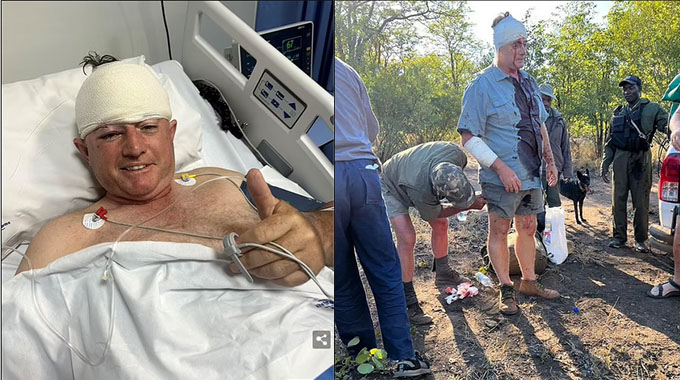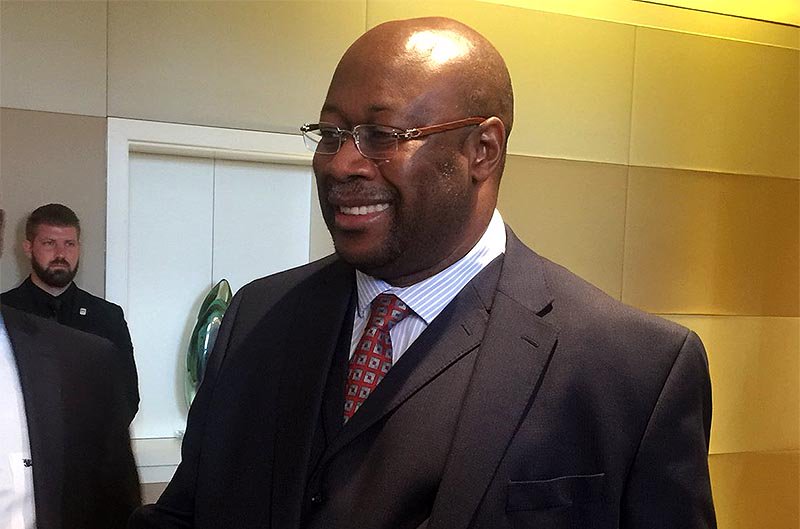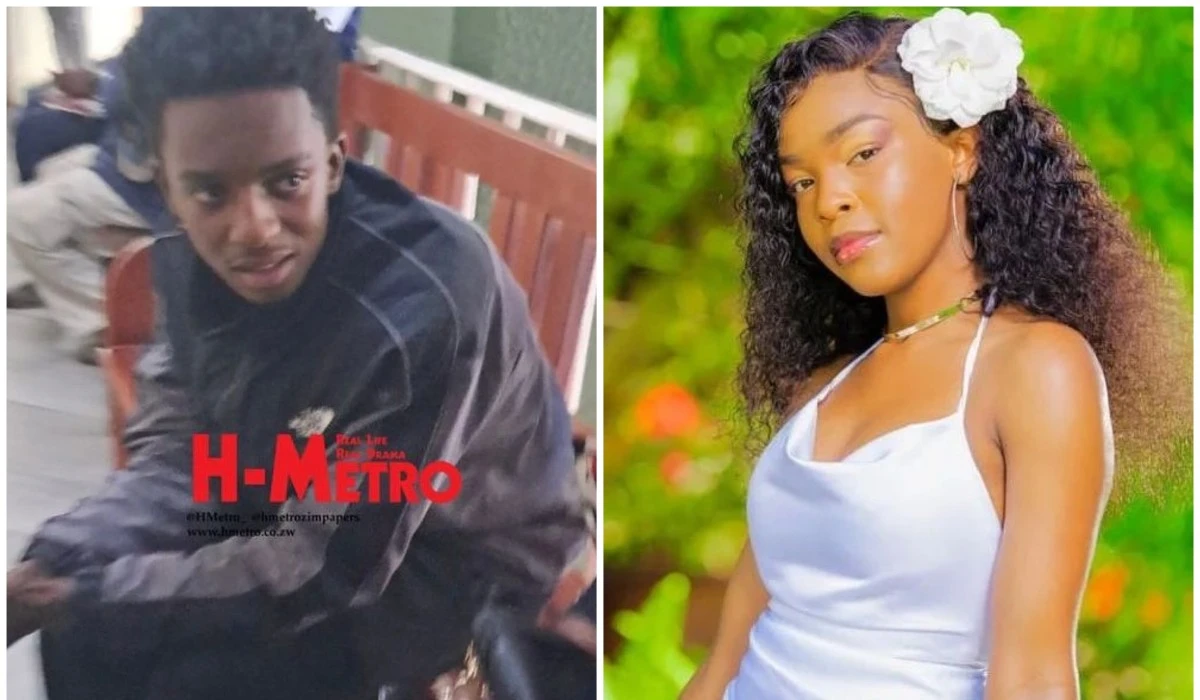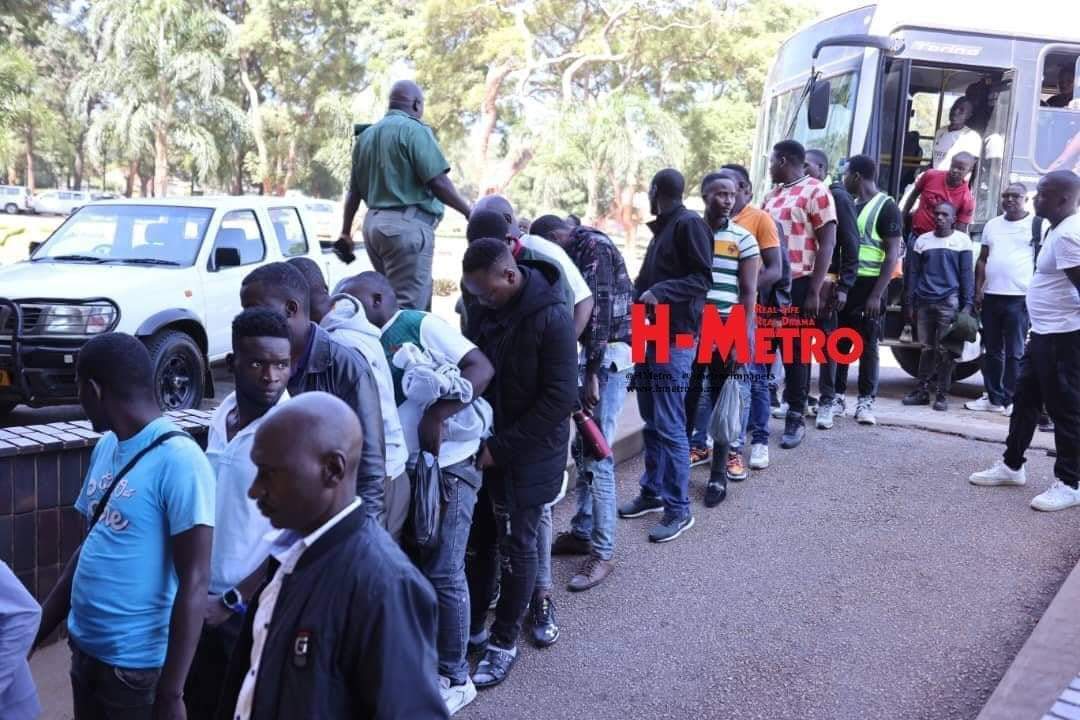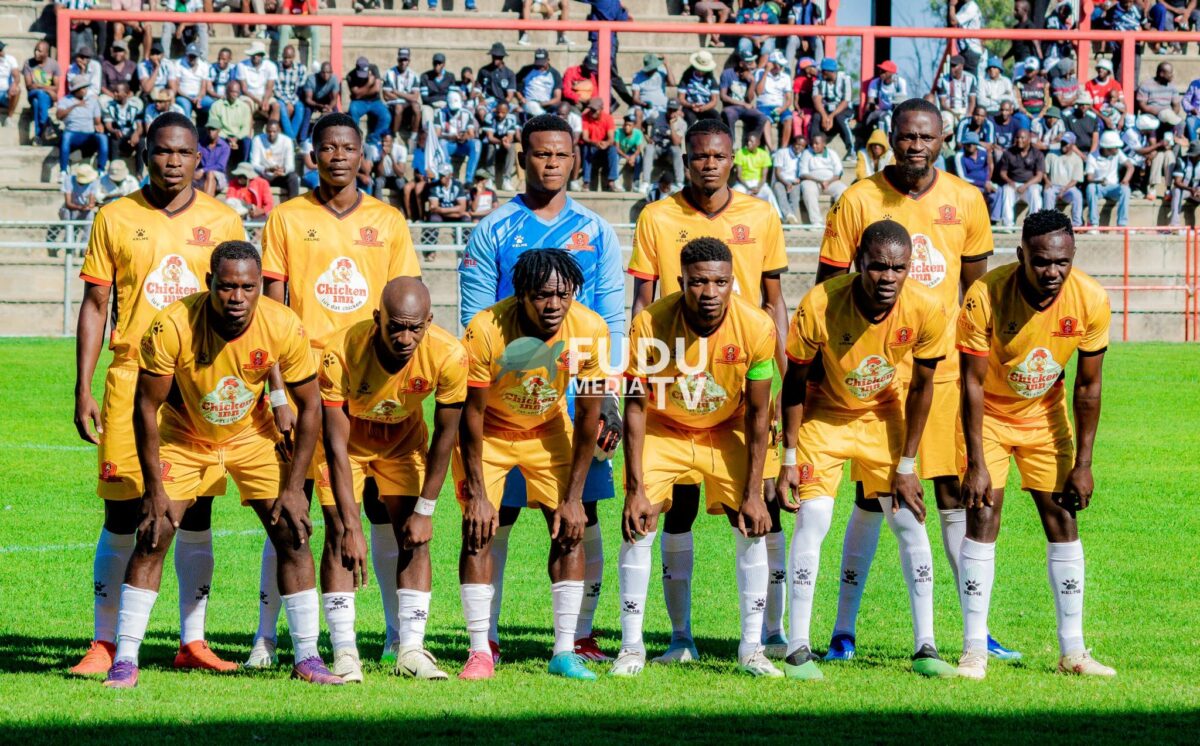HARARE – The use of live bullets by the military to quell Zimbabwe’s post-election protests in August was “disproportionate and unjustified” President Emmerson Mnangagwa said on Tuesday, reading from a report presented by a team investigating the clashes.
The protests erupted on August 1 after inordinate delays by the Zimbabwe Electoral Commission in releasing results of the Presidential Election held on July 30.
Six people were killed and 35 others injured, 23 of them treated for gunshot wounds when the military was deployed. The inquiry’s finding “on the balance of probabilities from all the evidence received is that the deaths of these six people and the injuries sustained by the 35 others arose from the actions of the military and the police,” while six other people sustained injuries as a result of the actions of the protesters.
“The use of live ammunition directed at people especially when they were fleeing was clearly unjustified and disproportionate. The use of sjamboks, baton sticks and rifle butts to assault members of the public indiscriminately was also disproportionate,” the report said.
There have been no arrests for the deaths. Military commanders told the inquiry they did not believe it was soldiers who killed the civilians.
Former South African President Kgalema Motlanthe chaired a seven-member commission, which also had three other foreigners. It began its work on September 15 following an international outcry over the massacre.
The commission recommended that the police should urgently complete their investigations “to enable the prosecution of all those persons responsible for all alleged crimes committed on August 1.”
It added: “Those particular members of the military and the police found to have been in breach of their professional duties and discipline should be identified as soon as possible for internal investigations and appropriate sanction which should include hearing from the victims and their families for impact assessment and to provide necessary compensation.”
The main opposition Movement for Democratic Change (MDC) immediately dismissed the report, saying Mnangagwa’s government was trying to “whitewash” the army’s actions.
“Our view is that they are trying to whitewash the August 1 event by making a false equivalence between the demonstrators and those who were shooting unarmed protesters using bullets and guns,” MDC spokesman Jacob Mafume said.
The inquiry accused some MDC leaders of enflaming tensions around the election and fomenting protests that it said were pre-planned.
Mnangagwa has previously blamed the MDC for the post-election violence. The MDC has said its hands are clean.
“The government will study the recommendations and decide the way forward,” Mnangagwa said.
